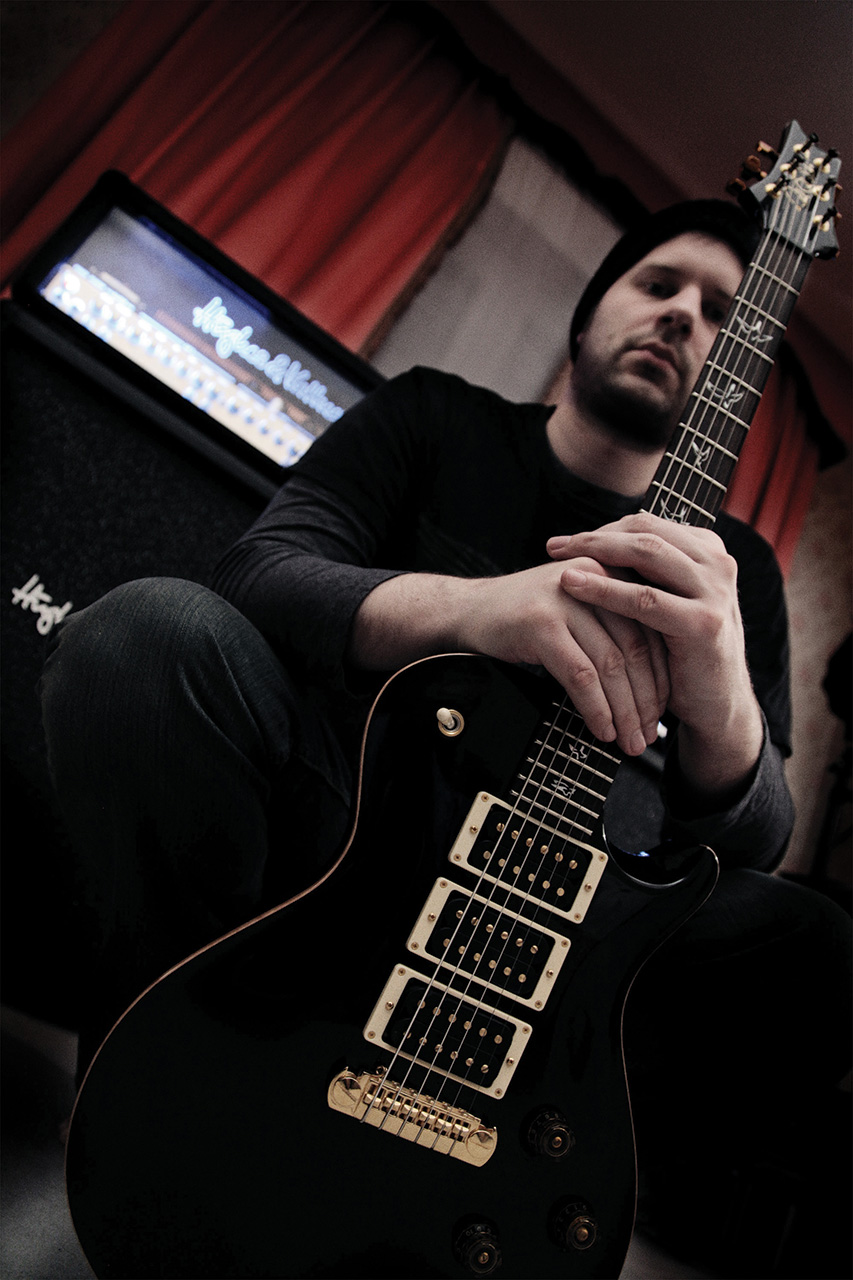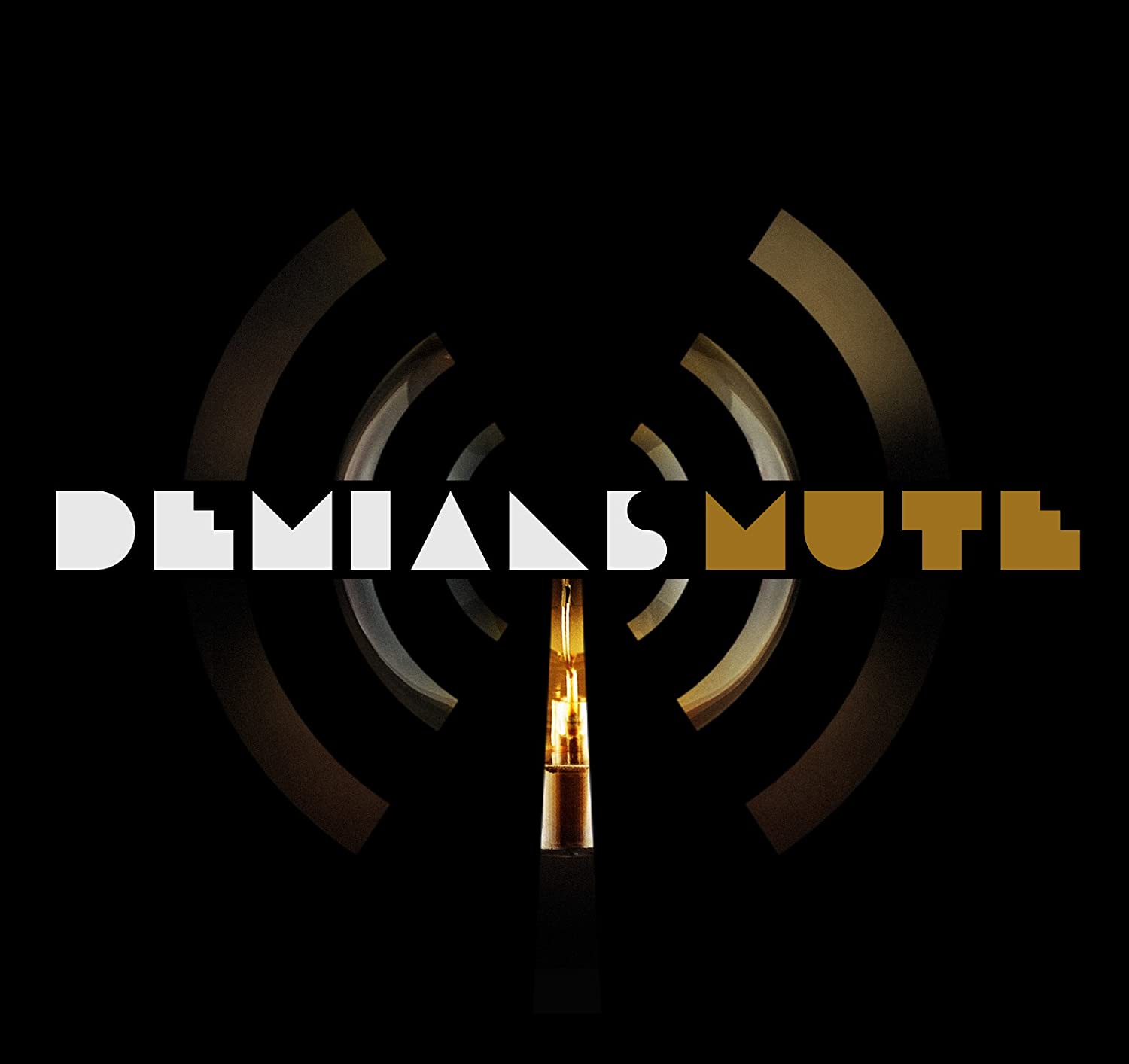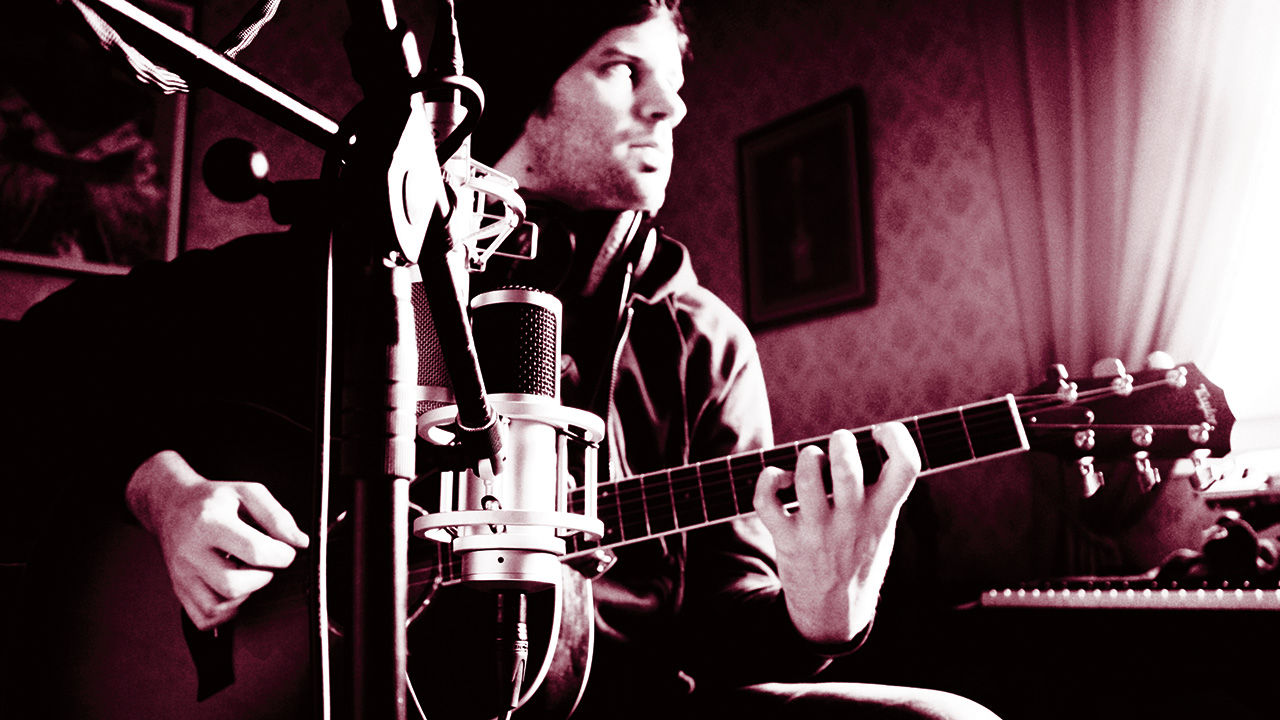DATELINE: Paris, April 22, 2008. A local act, Demians, are about to make their debut live appearance. However, Demians are only a ‘band’ in the loosest possible sense, with album Building An Empire having been conceived and executed in the bedroom of frontman Nicolas Chapel, who later assembled the musicians around him. Chapel is riding a wave of cautious approval for Building…, Steven Wilson of Porcupine Tree having declared it “A must for everyone who appreciates the art of epic and ambitious 21st century rock”.
Opening for Oceansize at a modestly-sized venue called Le Trabeno, Nicolas Chapel is suffering badly from first night nerves. He has performed onstage many times before but never actually fronted a show. For a chunk of the 30-minute display he sings with eyes clamped shut, appearing to will himself across the finishing line through sheer mental force.
Fast forward more than two years, and there’s a second album from Demians to get excited about, but Nicolas Chapel won’t be forgetting that Parisian debut in a hurry.
“Playing for a crowd of 700 people that included many of the European press, also opening for Oceansize who have existed for 10 years and are like a machine, I was beyond nervous, but there were also things going on that I can discuss only now,” he confides in quiet but assured tones. “Most of the songs on that first record were written in 2002. I had no manager or record label, I only wrote them for myself. The record was ready in 2006 and by the time it came out the songs were already six years old. It was hard to relate to what they were about anymore. And if I didn’t believe in them, who else would?
“Don’t get me wrong,” he continues, “I’m grateful for the attention that came to Building An Empire and I won’t do what so many other artists have done by cynically dismissing it. But right now I don’t wanna hear about it anymore.

”
Back in 2008, Chapel had spent two years pursuing musicians to join him in Demians and was starting to regret some of his appointments.
“During the search [for bandmates] my entire personal life went to shit,” he recalls. “I moved home three or four times and for a while I was sleeping on my bass player’s couch. But as soon as the record came out, began getting rave reviews and achieved a certain level of success, people’s attitudes towards me changed. That’s when you notice their
real intentions. They stopped turning up for rehearsals and began pressurising me. I felt like a hostage to my own project. So I ended up having to fire the keyboard player and the drummer.”
There were further well-received live appearances alongside Marillion, Anathema and Porcupine Tree, but Chapel felt hindered by the rigidity of playing along to a click-track each night.
“Hearing [the series of pre-recorded audio cues] in my monitors wasn’t what I wanted,” he sighs. “I wanted to be free onstage. Demians could not really explode. Those feelings were a big part of how the second record turned out.”
Homeless again in February 2009 in the wake of 30 shows in 12 countries with Anathema, Chapel’s domestic frustrations were compounded by the attitude of some that surrounded him.
“I hate it when people try to get a slice of a pie that doesn’t even exist,” he announces with obvious distaste. “They tell you how good you smell and how cool you look, but once they realise that there’s no money to be made you become a dictator. You are no longer a god; it’s your fault that the price of petrol is rising. There was another annoying situation; musicians in the band had told everyone they had played on the record just to get free beer. Negativity had started to take over and everything was becoming ruined.”
Needing to get away from it all, Nicolas accepted a very convenient offer to stay for a while at the house of a friend. Its isolated but picturesque location, overlooking the sea in Normandy, Northern France, was perfect for a self-confessed introverted loner.
“I was burned out and just needed to take some time for myself,” explains Chapel. “I didn’t expect to write songs, in fact I thought I probably couldn’t have done –
I had nothing to say anymore.”
However, the floodgates opened on the very first afternoon of his arrival. “I just sat down and played three chords, the ones that begin Falling From The Sun, on a gorgeous old Bechstein piano that was in the house’s man room.”
Destined to close out the album, the lyrical and musical bleakness of Falling From The Sun reflect the mindset of a man who feared he was falling out of love with something that he cared passionately about. “That song is me talking directly to music, asking: ‘Where the fuck are you? When are you coming back?’” admits Nicolas.
The blockage soon disappeared. And thus the intended sabbatical developed into a recording session. In common with the debut, Chapel wrote, sang, produced and performed everything himself, often in just one or two takes, using a cello, double bass, violin, drums, piano and layers of guitars, saving the results on his computer.
“I wanted the finished CD to sound exactly as it had done in that room in the house – I think I achieved that.”
The mood of spontaneity was heightened by Chapel’s refusal to write down completed words. “At times I had absolutely no idea what I was going to sing,” he reveals. “I wanted to take myself out of my comfort zone.”
Deemed as “manifestly superior to its predecessor” in Prog 9 (July 2010) by reviewer Dom Lawson, the album known as Mute is no mere carbon copy of Building An Empire. Juxtaposing the quietness of Black Over Gold with the robust Feel Alive, it’s heavier for a start.
“It’s more everything,” laughs Chapel. “Heavier, punchier, more direct but at the same time it’s deeper and a lot less polite. There are not just two years between those records, it’s closer to eight.”
With influences spanning Tori Amos and Radiohead to more ambient sounds, Nicolas absorbs a lot of music but doesn’t react well to the tag of prog rock.
“My brother was a fan of Pink Floyd, Yes, Genesis and King Crimson but although I’m open to those bands I didn’t really listen to them, and they didn’t influence me,” he states. “Most of the bands I see referred to as prog seem to write long songs for the sake of it. That’s just stupid.
“Funnily enough, I was just discussing with Thomas [Waber, boss of Demians’ label Inside Out] that I don’t listen to any of the bands whose records he puts out,” he laughs. “Which can be a problem when interviewers ask questions related to those bands – I just don’t know anything about them!”

Demians return to the road in October, and now Chapel finds touring with a rock group of his own helps to bring him out of himself although he enjoys his own solitude. “I do try to find people that I can relate to but it’s not easy.
“I’ve always been introverted but now I feel really comfortable having a good laugh with my friends,” he imparts, adding: “but I can only do that when I’ve spent some time getting to know them as a person, and we can also have a serious conversation.”
You’ll have gathered from all of this that Nicolas Chapel is a deep-thinking and sensible individual who believes in speaking his mind.
“Truthfulness is extremely important to me,” he sums up. “I plan to be doing this for the rest of my life. I’m going to release a lot of music and have many different projects. So many bands will do whatever they can to find success as quickly as possible, but that doesn’t interest me. In a few years’ time I know that I will be here again talking to you about my next record. I want you and your readers to learn to respect me.”
Thanks to Mute, we already do.
This article originally appeared in issue 27 of Prog Magazine.

